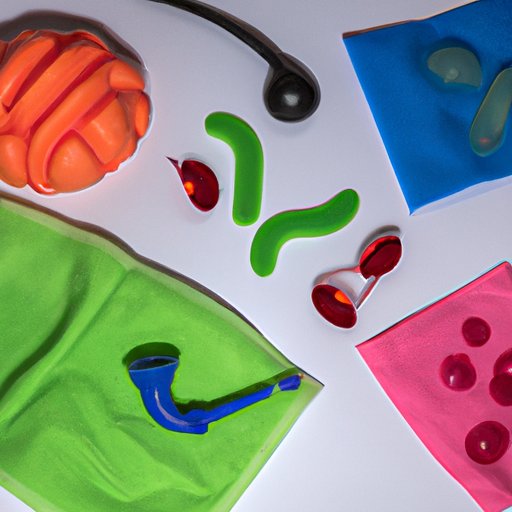Introduction
Have you ever been hit and experienced ringing in your ears? This type of ringing, also known as tinnitus, is a common problem that can be caused by physical trauma such as a blow to the head or even loud noises. Fortunately, there are several steps you can take to help reduce the ringing in your ears and provide some relief.

Use a Cold Compress to Reduce Swelling and Inflammation
One way to help reduce ringing in the ears after being hit is to use a cold compress. A cold compress can help reduce swelling and inflammation around the ears, which can help reduce the ringing sensation. Applying a cold compress directly to the affected area for 10-15 minutes at a time can help provide relief. Make sure to wrap the cold compress in a thin cloth before applying it to the skin to avoid potential tissue damage.
Take Over-the-Counter Pain Relief Medication
Another option for relieving ringing in the ears after being hit is to take over-the-counter pain relief medication. This includes medications like ibuprofen and acetaminophen, which can help reduce inflammation and pain associated with the trauma. Be sure to follow the recommended dosage instructions on the packaging, and always consult a doctor if you have any questions or concerns.
Avoid Loud Noises and Other Triggers
It is important to avoid loud noises and other potential triggers that could cause the ringing in your ears to worsen. Exposure to loud noises or sudden changes in air pressure can make the ringing sensation worse, so it is best to avoid them when possible. You should also avoid activities that require you to strain your neck, such as looking up or down for long periods of time, as this can also exacerbate the ringing.
Practice Relaxation Techniques
Relaxation techniques, such as yoga and meditation, can help reduce stress and tension, which in turn can help reduce the ringing in your ears. Relaxation techniques can also help you get better sleep, which can further help reduce the ringing sensation. Take some time each day to practice relaxation techniques, and be sure to set aside time for yourself to relax and unwind.

Get Plenty of Rest and Avoid Stress
Getting plenty of rest and avoiding stress can also help reduce the ringing in the ears after being hit. When you are tired, your body is more likely to be sensitive to noise, which can make the ringing sensation worse. Try to get at least 7-8 hours of sleep each night, and take breaks throughout the day to reduce stress levels. If needed, talk to a therapist or counselor to help you manage stress levels.

See an Audiologist for Further Evaluation and Treatment
If the ringing in your ears persists or gets worse, it is important to see an audiologist for further evaluation and treatment. An audiologist can perform tests to determine the underlying cause of the ringing and recommend treatments such as hearing aids or sound therapy. It is important to find an experienced audiologist who is familiar with the latest treatments and technologies.
Try Sound Therapy or Masking Devices
Sound therapy and masking devices are two other treatments that can be used to help reduce ringing in the ears after being hit. Sound therapy involves listening to specially designed sounds that can help distract from the ringing sensation. Masking devices work by creating a low level background sound that can help reduce the ringing sensation. Both options are non-invasive and can help provide some relief.
Conclusion
Ringing in the ears after being hit is a common problem that can be difficult to deal with. Fortunately, there are several steps you can take to help reduce the ringing sensation. Using a cold compress, taking over-the-counter pain relief medication, avoiding loud noises and other triggers, practicing relaxation techniques, getting plenty of rest, and seeing an audiologist for further evaluation and treatment are all ways to help reduce the ringing. Additionally, trying sound therapy or masking devices can also be helpful. If the ringing persists or worsens, it is important to seek further evaluation and treatment.
(Note: Is this article not meeting your expectations? Do you have knowledge or insights to share? Unlock new opportunities and expand your reach by joining our authors team. Click Registration to join us and share your expertise with our readers.)
